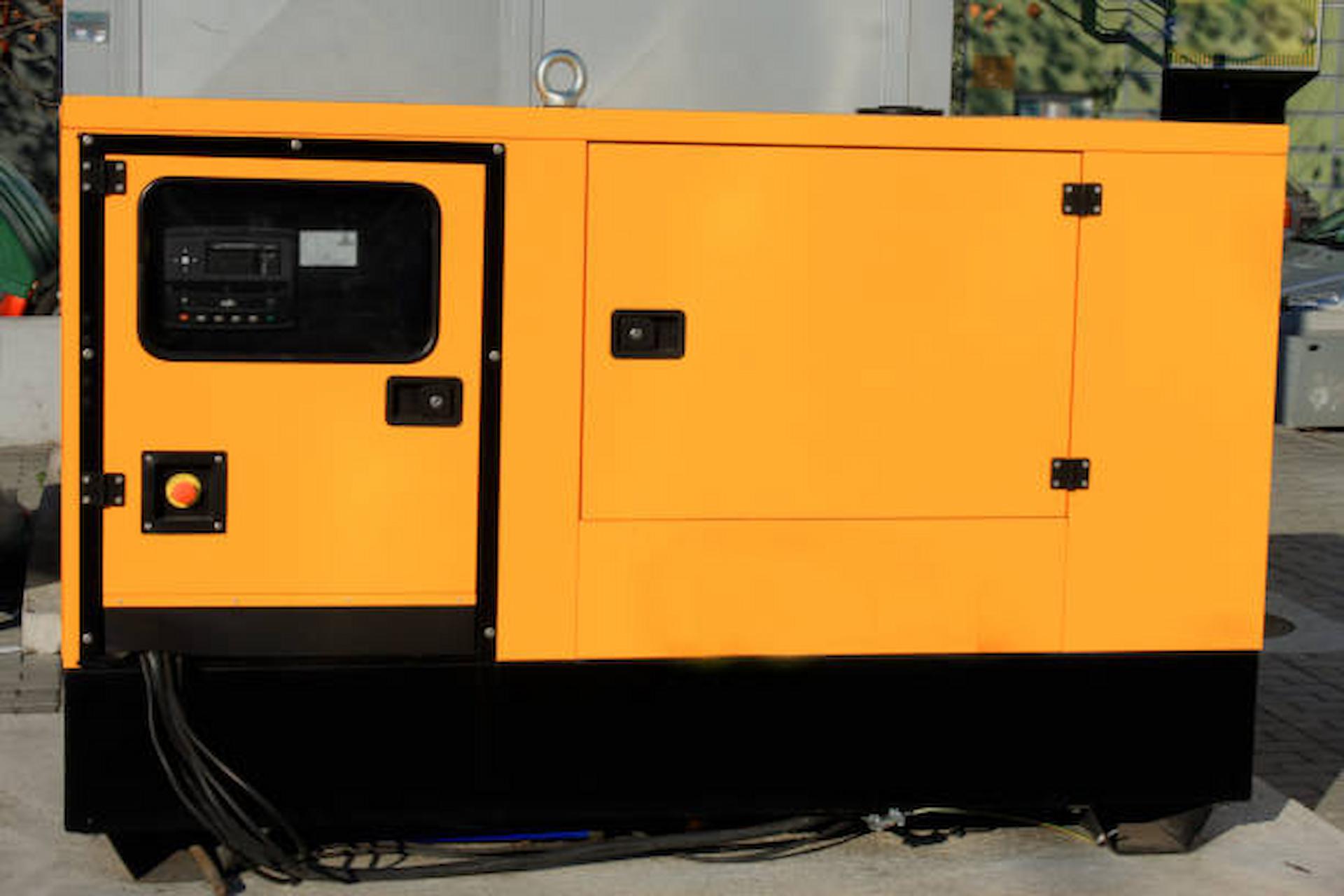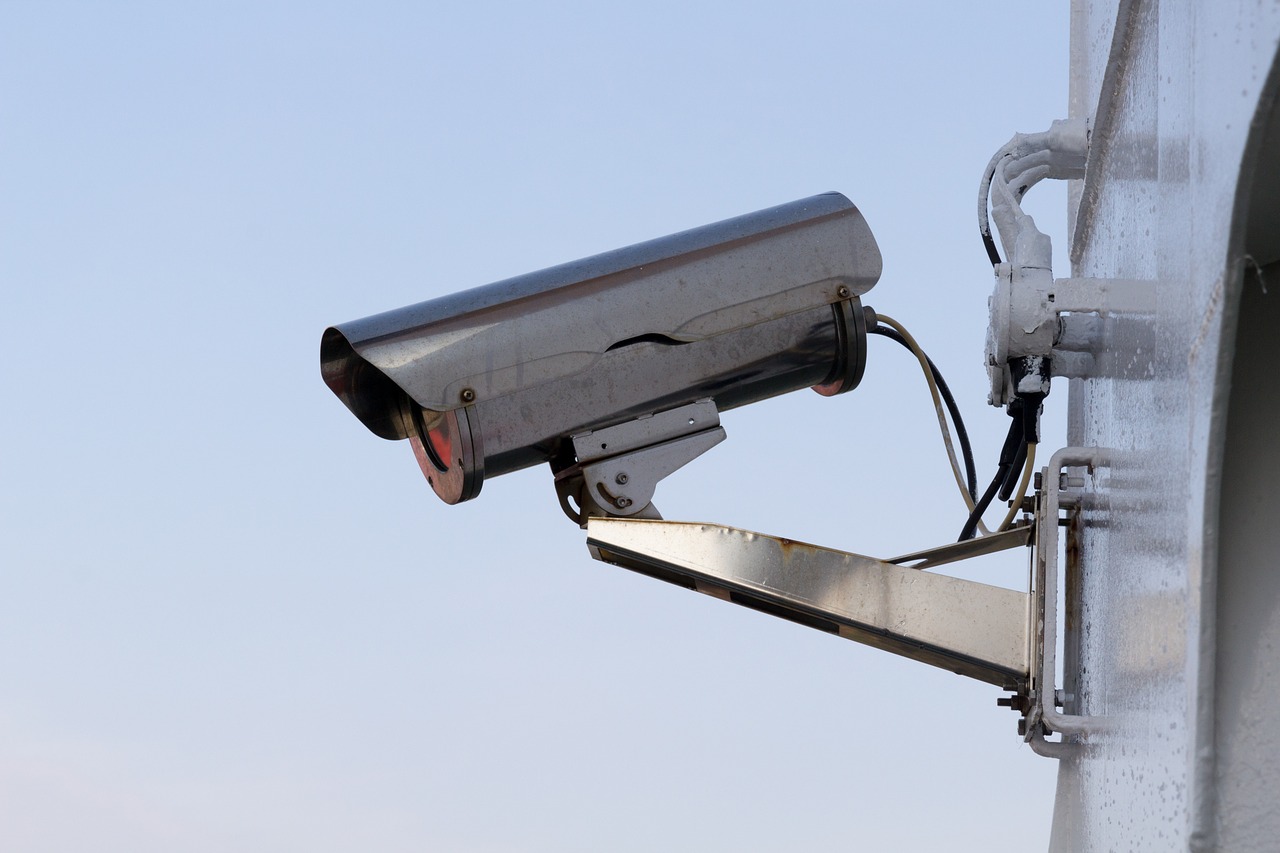Power outages are frequent, particularly in the case of severe weather. Unfortunately, it impacts everything, including having fun at home and work. At worst, there is a severe risk to life. An emergency generator might come in handy when there is a blackout. Surprisingly, most individuals don’t know what to consider when purchasing an emergency generator.
This raises the topic of what to consider when purchasing an emergency generator hire. When buying an emergency generator, you should consider several aspects, including size, power, efficiency, noise level, run duration, and automated start. An emergency generator is a fantastic power alternative when there is a power outage.
Size
A generator’s physical dimensions are essential. Avoid choosing a significant, space-consuming generator; installing one could be pricey. Choose a medium-sized generator that you can place practically anywhere instead.
Electricity Consumption
Power is a crucial factor to take into account. Watts (w) is the standard power measurement unit for electrical appliances and generators. Your generator should be rated at a greater wattage for optimal operation than all of your appliances. If you are unclear about your power requirements, speak with a licensed electrician for further information.
Efficiency
Efficiency determines how long a generator can operate on a single gas tank. Remember that a generator’s high power does not necessarily translate to its superiority. Your generator is more effective the longer it can go without refuelling. In addition, if you operate in remote locations, this is practical.
Noise Level
A noisy generator may occasionally annoy and disturb. Consider a quieter emergency generator hire because certain residential and business locations have strict noise control regulations. A generator’s typical noise level ranges from 60 to 70 dB.
Run Time
An emergency generator should enable you to operate continuously for a long period. It is inappropriate for emergencies if your generator runs for an hour before breaking down, forcing you to restart it. A competent generator should typically run for at least 12 hours.
Clean Power
We know that dangerous carbon monoxide is produced when generators burn fuel. Finding a generator with low carbon monoxide emissions is crucial. Install your generator in a shaded area that is well-ventilated and far away from the main structure.
Automatic Start
A solid backup generator needs to have this capability. It needs to start and begin supplying electricity automatically when there is a power loss. This is fantastic for people who travel frequently or cannot start the generator.
Conclusion
Durability, fuel gauge, low-oil shutdown, numerous outlets, alternative fuel capacity, electric start, automated CO shutoff, etc., are additional considerations when purchasing an emergency generator. All you need to do is to look for the best service provider and enjoy seamless electricity services.


